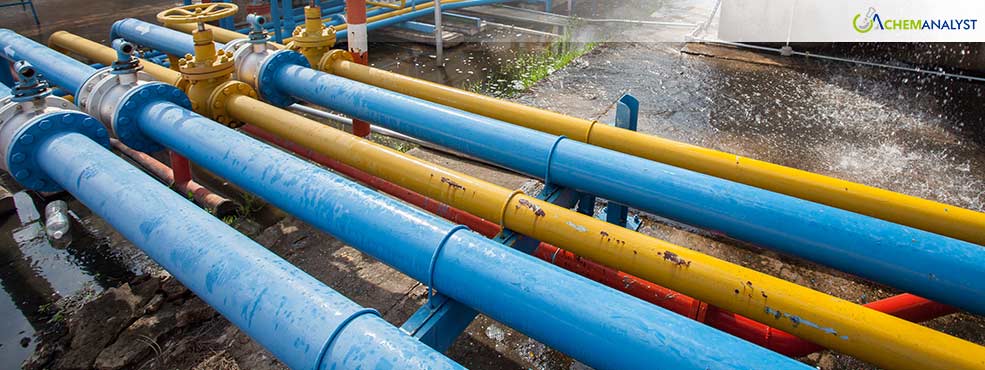Welcome To ChemAnalyst

As of December 2024, Ukraine will no longer renew its gas transit agreement with Russia, a decision announced by President Volodymyr Zelenskyy on December 19. The move marks a significant shift in Europe's energy landscape, with implications for gas supplies to eastern EU countries, particularly Austria, Hungary, and Slovakia. These landlocked nations still rely on Russian gas transported via Ukraine’s pipeline network. With no immediate alternative to replace these imports, the termination of the deal is raising concerns, especially within the chemical industry, which is highly sensitive to energy price fluctuations.
For Ukraine, the gas deal has always been a double-edged sword. While it generated revenue from transit fees, much of the profits ended up funding Russia’s war efforts. Zelenskyy has emphasized that continuing the arrangement would mean allowing Moscow to "earn additional billions" while sustaining its aggression against Ukraine. Russian President Vladimir Putin, in his December 26 statement, blamed Ukraine for the contract's end and suggested that renewing the deal was "impossible" within such a short timeframe.
The end of the gas transit deal has sparked concerns across eastern EU countries, many of which remain heavily dependent on Russian gas. Austria, Hungary, and Slovakia are particularly vulnerable, unable to easily access liquefied natural gas (LNG) by sea. For these nations, the gas flow from Russia via Ukraine is essential for meeting their energy needs, and their governments have expressed reluctance to stop purchasing Russian gas altogether.
Historically, the EU and Russia have shared a mutually beneficial energy relationship, with Russia being Europe's largest gas supplier for decades. Before the war, Russian gas accounted for a significant portion of EU imports, with some estimates suggesting it made up nearly 15% of the EU's total gas supply by 2023. However, the geopolitical fallout of Russia's invasion of Ukraine has led to a dramatic reduction in Russian gas imports, which dropped from $16 billion per month in early 2022 to $1 billion by the end of 2023. Despite this decline, countries like Austria, Hungary, and Slovakia are still among the major consumers of Russian gas.
The end of this transit route will likely have some impact on European gas prices, though the EU is optimistic that alternative supplies will fill the gap. The global LNG market produces over 500 billion cubic meters of gas annually, and EU officials have noted that the loss of 14 billion cubic meters of Russian gas would have only a marginal effect on overall prices. However, the chemical industry, particularly energy-intensive sectors in countries like Germany, may still face challenges. The surge in gas prices following Russia’s invasion led to significant price hikes across Europe, hurting competitiveness, especially in chemical manufacturing, which relies on stable and affordable energy prices.
The EU remains confident in its ability to manage without the Russian gas, but the shift marks a new phase in Europe's energy strategy, one that will likely impact industries like chemicals that depend heavily on energy for production. With the cost of energy still high, businesses will need to adapt to a new, more volatile energy environment.
We use cookies to deliver the best possible experience on our website. To learn more, visit our Privacy Policy. By continuing to use this site or by closing this box, you consent to our use of cookies. More info.
